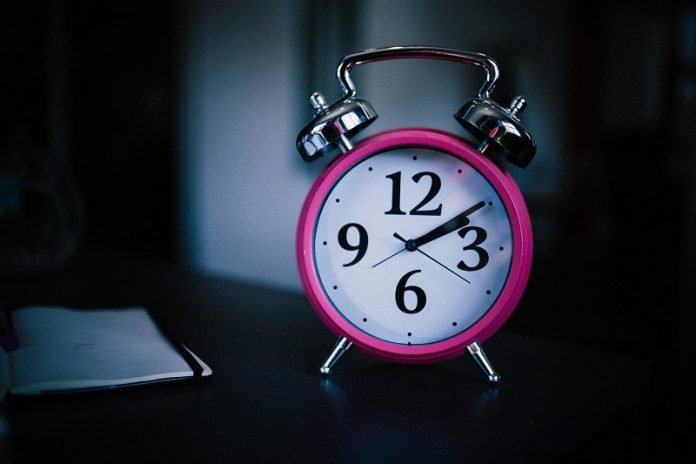
Having a good night’s sleep is very important for good physical and mental health.
However, as we become old, it is hard to sleep well.
Recent research shows that about half of older Americans have trouble sleeping some of the time, and 30% of people use medicines or supplements as sleep aids.
The data are from the National Poll on Healthy Aging show serious sleep issues among people over age 65.
Taking drugs or supplements may bring some side effects that harm your health. Possible side effects include confusion, urinary retention, and constipation.
Researchers from Michigan Micheline suggest people with sleep problems try some behavioral changes to improve their sleep.
Here are eight tips for better sleep:
Keep the same sleep schedule every day, even on weekends and when you’re traveling. This means you don’t oversleep on weekends or sleep much late on weekends than during weekdays.
Stick to a bedtime routine: Use reading, soothing music or a warm bath or face-washing to cue your body and brain that it’s time to wind down. This can remind your brain to get prepared.
Keep your electronic devices out of the bedroom: From smartphones to TVs to laptops, both what they show you and how their “blue” light influences your brain can interfere with sleep.
Don’t drink coffee or tea in the evening: Coffee and tea are rich in caffeine, which can interfere with your ability to get to sleep later in the day.
Try not to nap during late afternoon or evening: This can throw off your sleep cycle.
Don’t use alcohol to help you get to sleep: Some people try to drink alcohol to fall asleep. But when its effects wear off in the middle of the night, you may wake up and find it hard to fall asleep again.
Drink less water late in the day: A full bladder can wake you up in the night. When your sleep is interrupted, you will feel it hard to sleep deeply again.
Talk about your sleep problems: Studies find that “talk therapy” can help people with serious sleep issues. You can get insomnia-related cognitive behavioral therapy from psychologists and clinical social workers trained to provide it.
Taking steps to improve your sleep is crucial because a bad night’s sleep could disrupt your body clock and lead to many health problems.
One problem is high blood pressure. Recent studies show that when the body clock is broken (through sleep disorders, shift work, or older age, for example), even a low-sodium diet could raise blood pressure.
High blood pressure is a big risk factor of heart disease and stroke.
Another problem is heart disease. A recent study shows that disturbing the body clock may change the aging heart in ways that lead to heart disease.
The researchers suggest that the timing of onset and outcome of heart attacks may be influenced by the body clock.
In addition, a broken body clock is also linked to higher risks of mood disorders, type 2 diabetes, and breast cancer.
To summarize, having a good night’s sleep every day is very important to your health, and you should maintain healthy sleep habits.
Copyright © 2019 Knowridge Science Report. All rights reserved.



